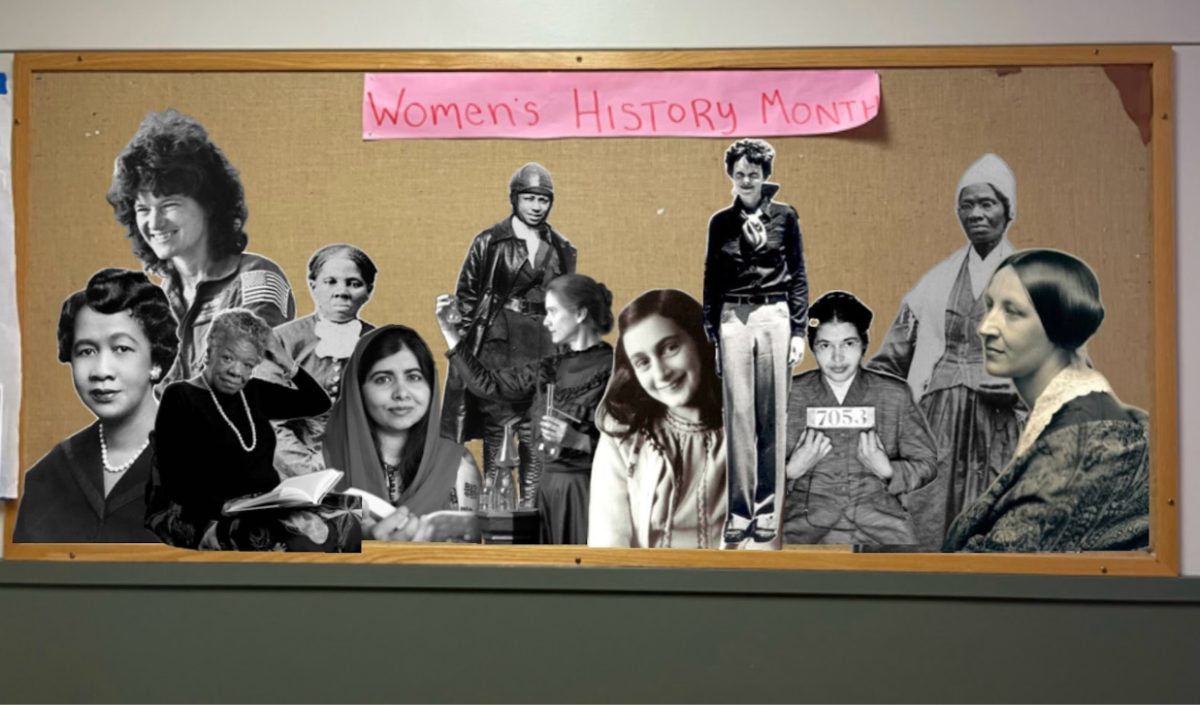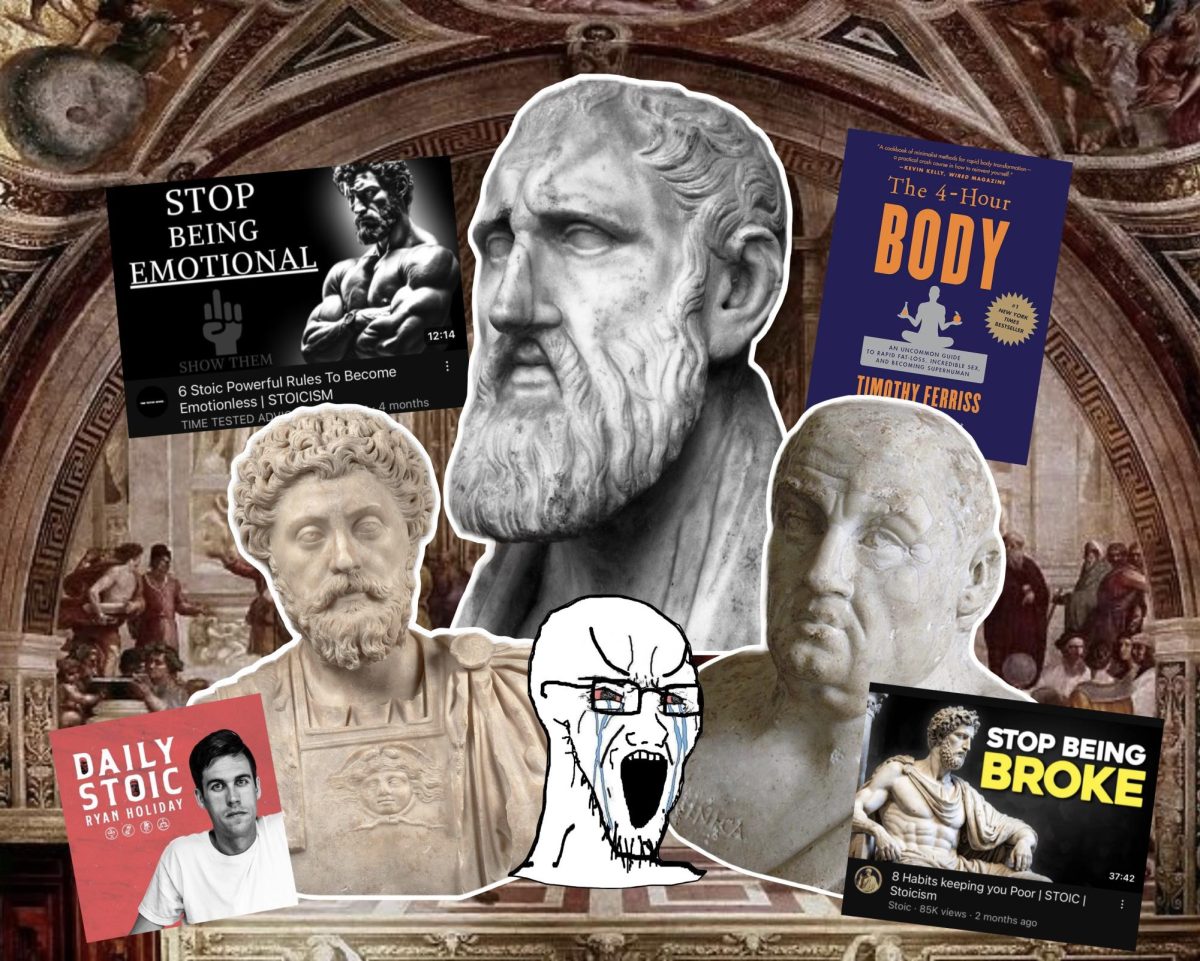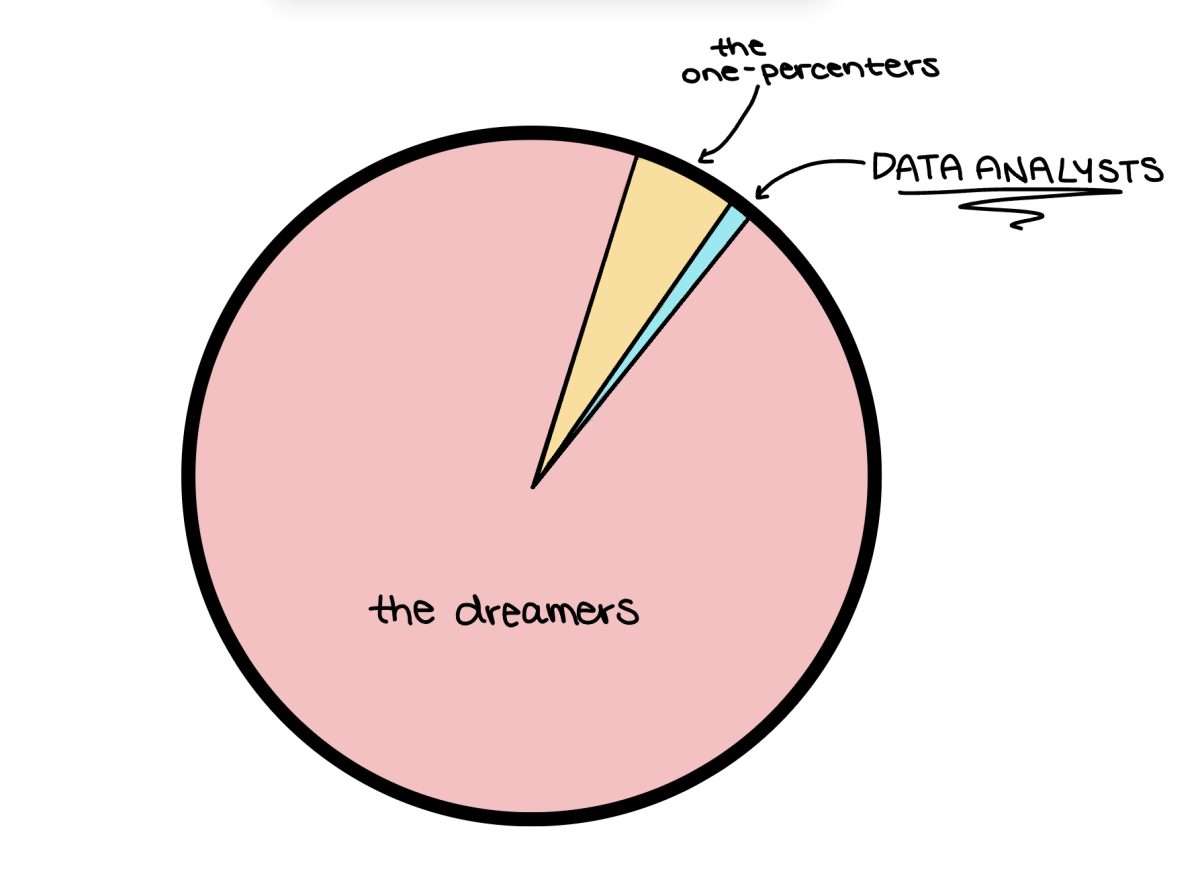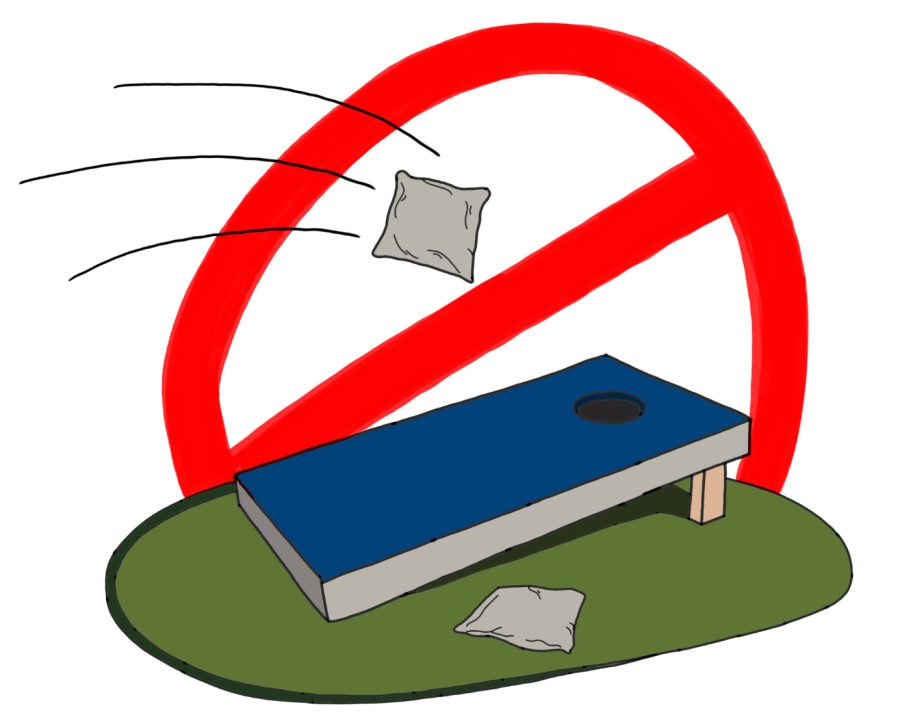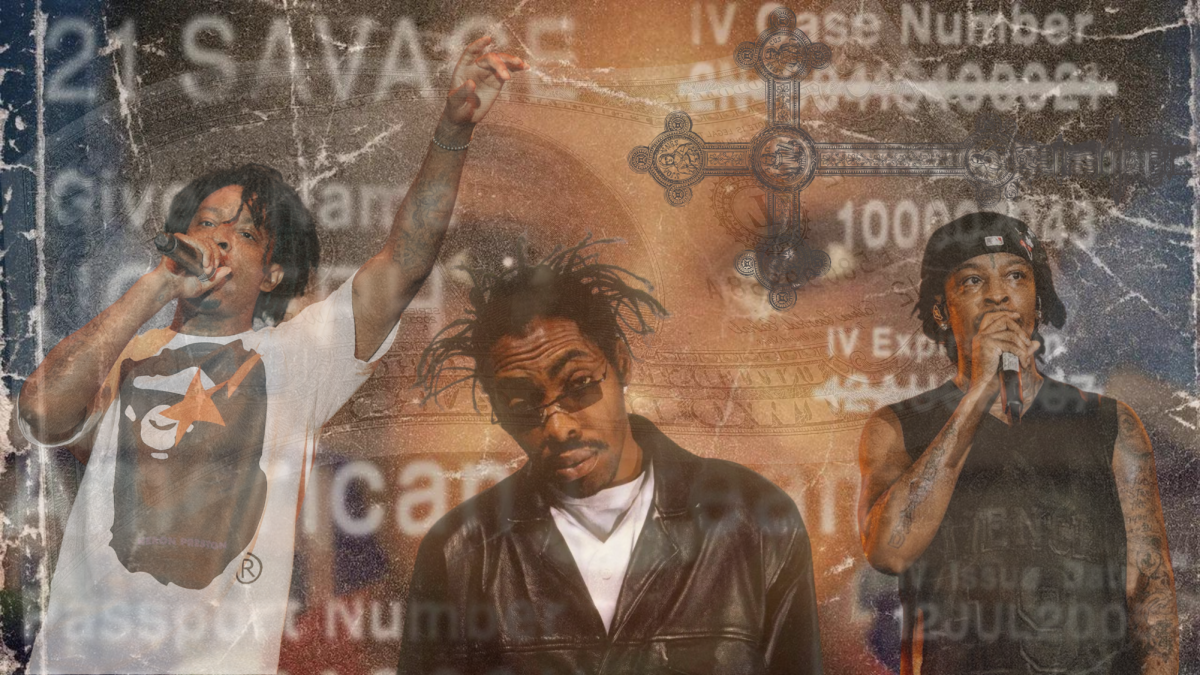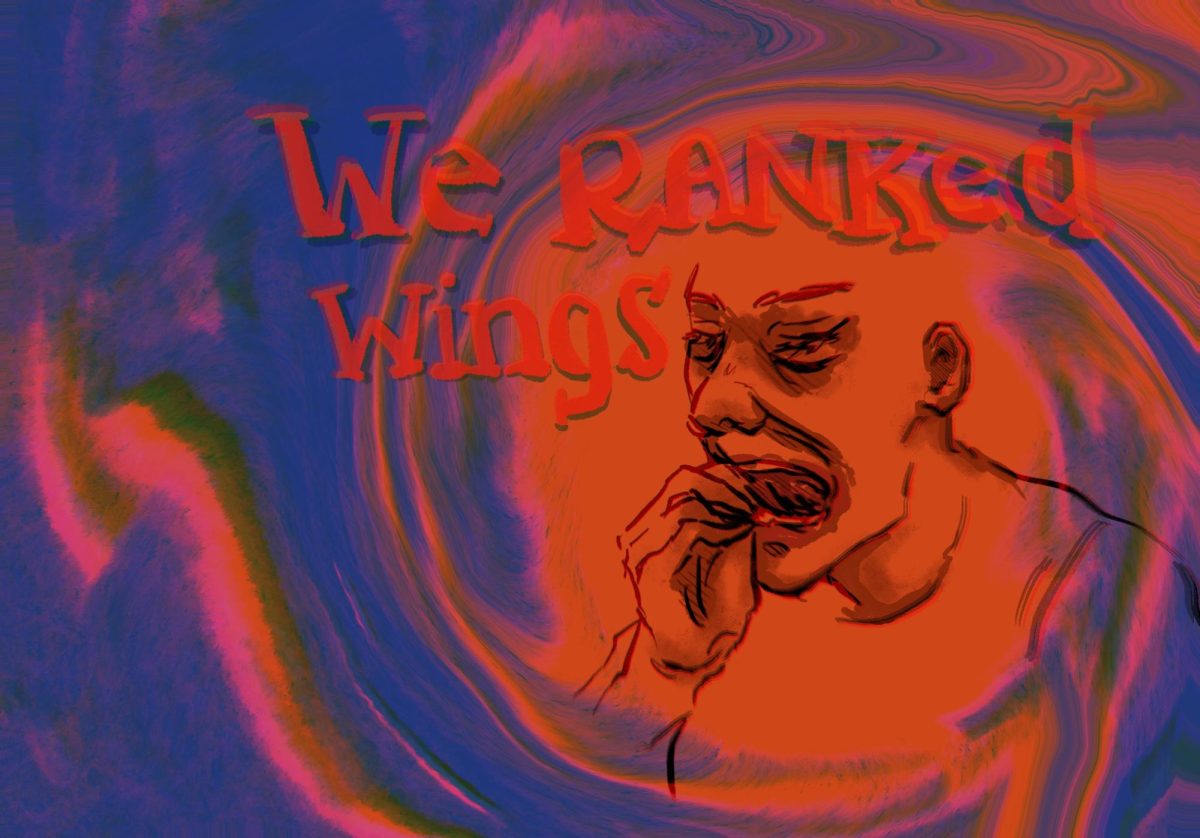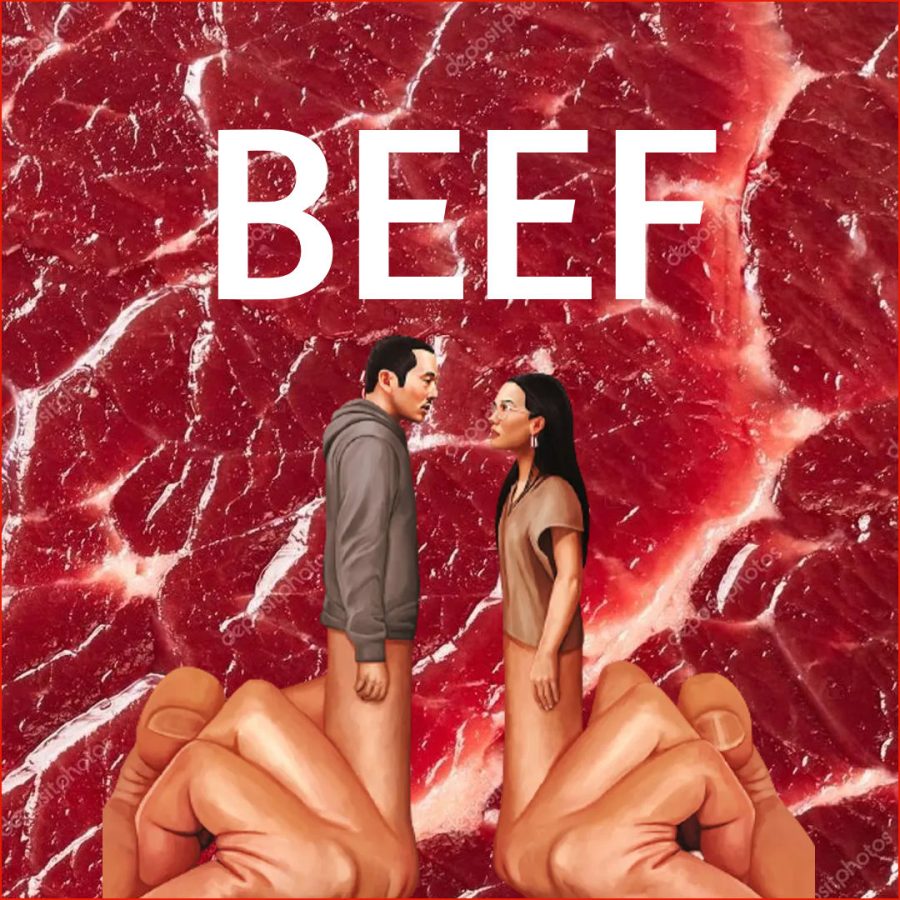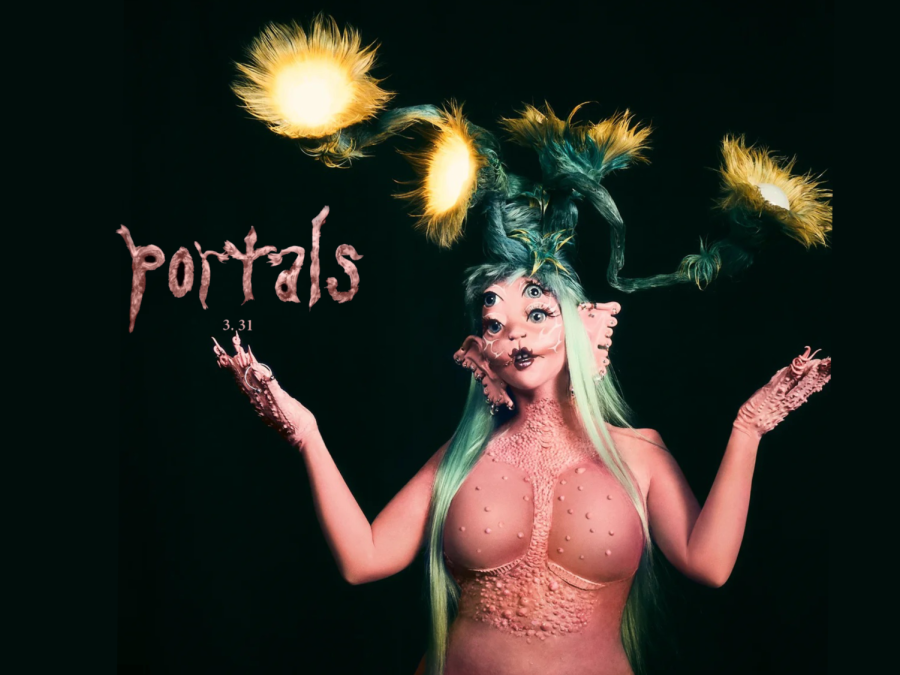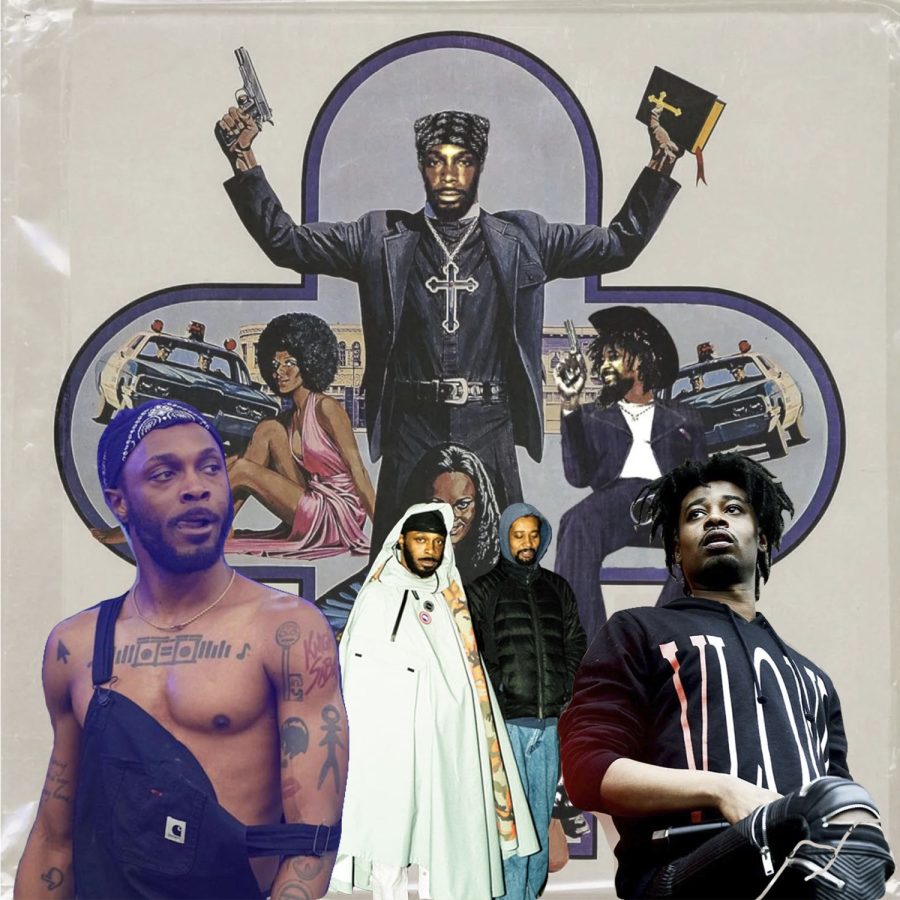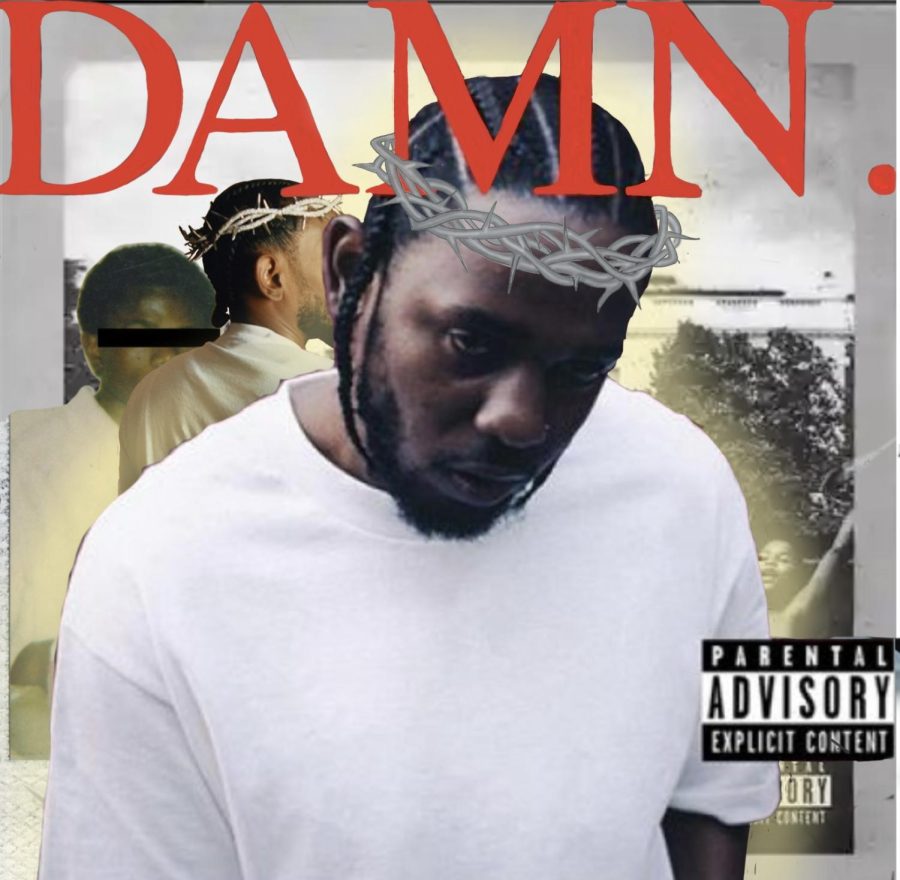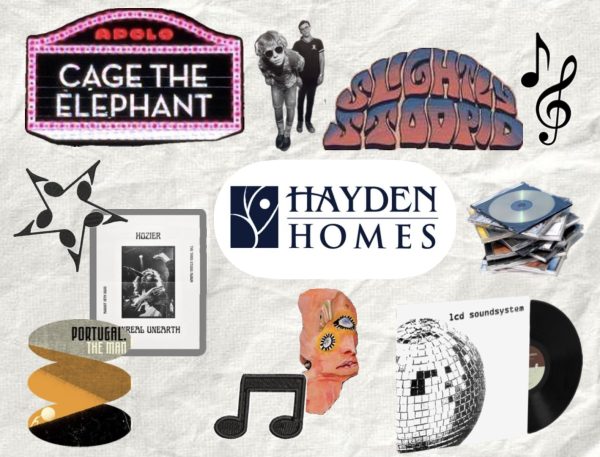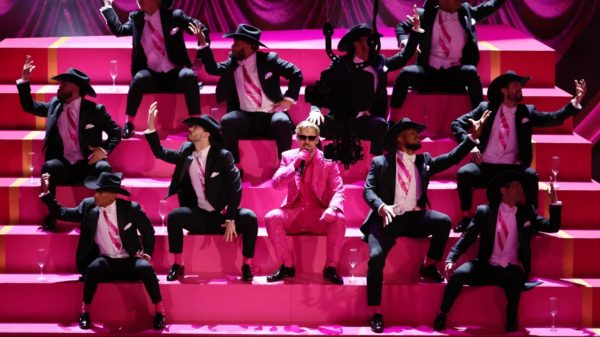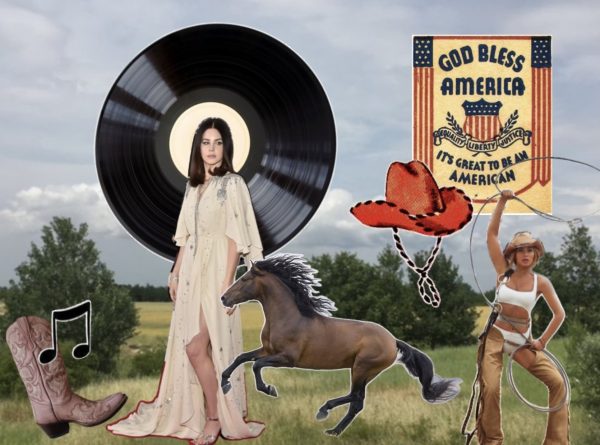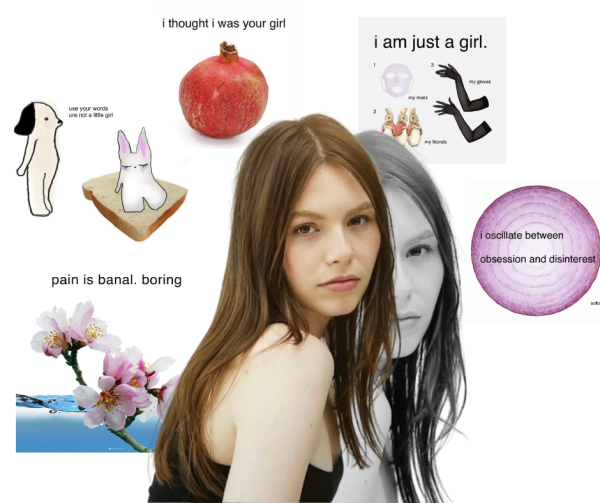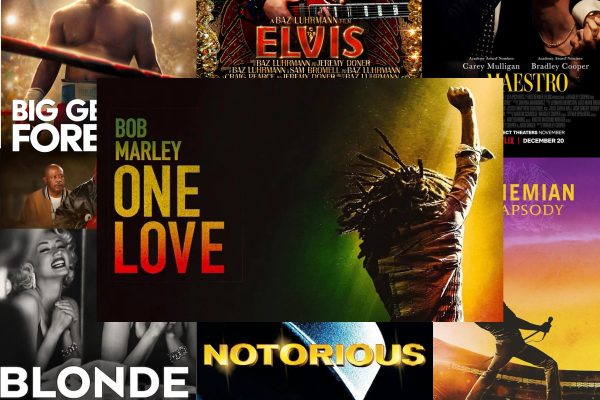Kendrick, The Living Prophet
A deep dive into the world of Kendrick Lamar
November 2, 2022
In a society built to tear him down, Kendrick Lamar decides to rise. Born in the late 80s when violence ran rampant through Compton, Lamar fought to stay away from the gangs surrounding his home. At the age of five, Lamar witnessed his uncle’s murder on the side of the street, while his other two uncles were incarcerated. Fast forward 30 years, he has become one of the most influential artists the world has ever seen, leading a pivotal change in hip-hop culture.
Lamar’s Father, Kenny Duckworth has served as a role model for him, teaching Lamar not to do as he did, but instead learn from his mistakes so Lamar wouldn’t repeat them. Having a strong father figure in his life created a world in which Lamar was able to pursue his growing love of poetry and music instead of turning to gang culture.
Using Tupac and Dr. Dre as inspiration, Lamar transformed his poetry into lyrics. In 2004, he was signed by Top Dog Records, and years later in 2012 Lamar signed with Aftermath Records, one of Dr. Dre’s labels.
In 2015, the release of the album, “To Pimp A Butterfly” opened the door for Lamar’s name to be next to those of Kanye West and Drake. Lamar used this album to turn away from the typical themes in the rap genre—sex, drugs, and money—to focus on writing songs similar to sermons, preaching solidarity and unity.
The hit song, “Alright” from “To Pimp A Butterfly” became a rallying cry for the Black Lives Matter Movement—opposing the “Build the Wall” chant during the 2016 US Presidential Election.
“We gon’ be alright” is a mantra protesting police brutality and preaching unity within targeted communities. Lamar relays the message that despite the continuous oppression of African Americans if God is in their corner, they will prevail.
“‘To Pimp A Butterfly’ would be the idea of, the thought of, changing the world and how we work and approach things,” Lamar said in a 2019 interview. The album cover of “To Pimp A Butterfly” shows a group of shirtless African Americans holding bands of cash, hovering over a dead white politician, and standing in front of the White House. If this album represents changing the world, the cover may reflect black people changing the world by taking back control of their rights and defying the oppression from white elitists.
Later in the interview, Lamar said that his highly anticipated album “DAMN.” would encapsulate the idea of “I can’t change the world until I change myself.” According to Lamar, “DAMN.” is a hybrid of all of his past projects, tapping into different phases of a human’s journey to create a Grammy-winning album.
“BLOOD,” the first track on “DAMN.,” uses a sound bite from FOX News giving negative feedback on Lamar’s hit song “Alright.” Right-wing Trump supporters opposed and critiqued the track’s influential role in the 2016 presidential election. One commentator on the FOX segment said that “Lamar stated his views on police brutality with that line in the song that, quote ‘And we hate the popo, wanna kill us dead in the streets fo’ sho,’” Another commentator replies with, “Oh please, ugh, I don’t like it.”
Lamar’s 2018 album, “DAMN.,” reflects a deep understanding of what it means to be human. Lamar uses a recurring theme of wickedness or weakness to reflect the idea that God uses suffering to remove wickedness from his followers, and how the suffering and pain in our life are how God tests our devotion to him. Lamar contrasts wickedness with weakness, where one might expect wickedness to be compared to righteousness. But it reflects the story of Jesus on the cross and how he saved us through his weakness.
Lamar released “DAMN.” on April 14, 2017, the same day as the Christian holiday Good Friday which commemorates Jesus dying on the cross. Lamar intended to prove his music’s connection to the storyline of Jesus’ death through his album, “DAMN.” while attempting to provoke his listeners and have them question how deep their connection with God really is.
As Lamar’s relationship with God continued to grow throughout his self-discovery, his music highlighted his past struggle with religion, developing his interpretation of God’s message.
Lamar turned away from Christianity when his close friend was murdered in 2013. Then, Lamar claimed God spoke to him. “Live the way he did, that’s all he wants from me, spread the word and witness, he rose on the first Sunday,” said Lamar, referring to God’s plans for him.
When he returned to Christianity, his music became a place for him to teach others. Lamar uses his own stories to reflect on others’ connections to God.
Five years later, in 2022, Lamar released “Mr. Morale & The Big Steppers,” two albums in one LP. This album alludes to the overarching theme of personal progression and Lamar’s artistic evolution is evidentially substantial.
The difference between “DAMN.” and “Mr. Morale & The Big Steppers” is shown through the progression of Lamar’s mental state from the time he released each respective album. Lamar has mastered the ability to convert his experiences into songs that people can relate to and understand. The song “N95” represents the rejection of fake wealth and fake persona.
“Take off the gossip, take off the new logic that if I’m rich, I’m rare, take off the Chanel, take off the Dolce, take off the Birkin Bag, take all that designer bullshit off, and what do you have?”
Lamar uses “N95” to reject the notion of covering up realness and selling yourself to get a leg up in the world. This song reflects how difficult it is to maintain authenticity, and how it relates to personal expression and progression.
Lamar continues this theme of rejecting fakeness through “We Cry Together,” a powerful, out-of-control, rhythmic argument between him and Taylour Paige, an American actress. At first, the argument seems like a lay-it-all-out-there type of fight, but then it goes into a gender war on female oppression and fake feminism, which leads to sidestepping the initial issues and results in sex. Lamar uses this song to bash fake feminism, fake wokeness and fake self.
Throughout Lamar’s artistic journey, he constantly reflects on his past struggles and preaches God’s word to his listeners.
On the “Mr. Morale & The Big Steppers” album cover, Lamar is wearing a thorn crown, like the one Jesus wore on the cross. He envisions himself more as a prophet than a pop star, preaching God’s word through his personal experiences and stories.
In the Old Testament, prophets must overcome issues within themselves in order to save the world. Each prophet of God has a dark past. Moses the deliverer was a murderer, Noah the arc-builder was a drunk and Elijah the resurrector was suicidal. Lamar’s religious journey—mirroring that of the prophets that came before him— consists of suicide, murder, drug abuse and mental health issues. Throughout Lamar’s struggles, he continues to preach the word of God just like a Prophet, and he continues to change people’s bias on hip hop. Hip hop and rap are not just about sex, drugs and money, they can lead people closer to God and help them discover themselves through each song.














